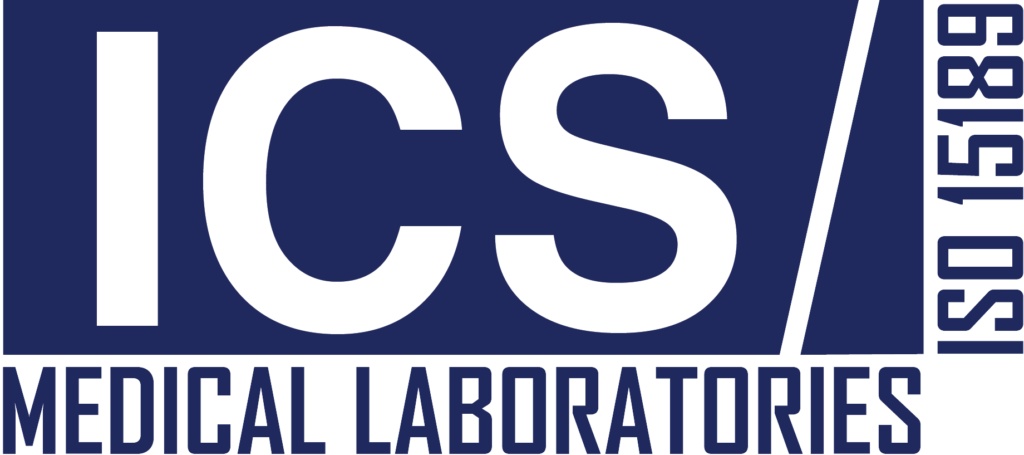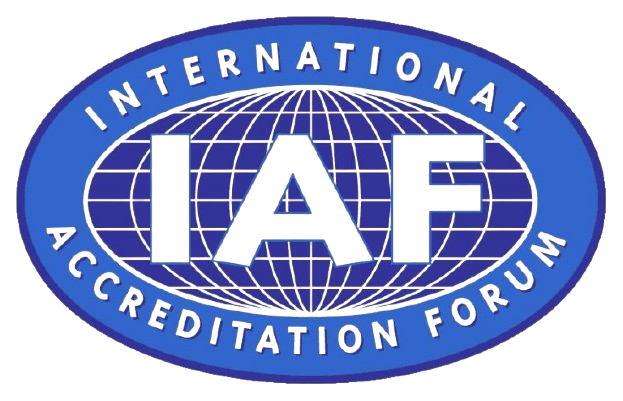

ISO 15189 plays a crucial role in maintaining quality, efficiency, and reliability within medical laboratories. As a specialized standard developed by the International Organization for Standardization (ISO), it establishes requirements for quality management systems and technical competence. By adhering to this standard, medical laboratories ensure accurate diagnostic results, improve patient care, and enhance operational efficiency.
“Given below is the more detail about the ISO 15189 standard and you might be interested learning more about it. Rest of the part you can avail the certification from ICS to get your organizational dream come true by contact us by clicking below button.”
Given the increasing demand for high-quality laboratory services, compliance with ISO 15189 has become essential. Laboratories worldwide strive to meet its requirements, ensuring that test results are precise, reproducible, and handled professionally. This article explores the key aspects of ISO 15189, its significance, and its impact on modern medical laboratories.
Medical laboratories form the backbone of healthcare systems by providing diagnostic services. However, inaccurate test results can lead to misdiagnosis, incorrect treatments, and severe consequences for patients. This standard addresses these concerns by establishing rigorous guidelines for laboratory management, quality control, and personnel competence.
Unlike general quality management standards such as ISO 9001, ISO 15189 certification is specifically designed for medical laboratories. It includes requirements for testing procedures, equipment calibration, personnel qualifications, and customer satisfaction. Laboratories that comply with this standard demonstrate their commitment to delivering accurate and reliable results.
Furthermore, international recognition of ISO 15189 ensures that accredited laboratories operate under globally accepted best practices. Hospitals, healthcare providers, and regulatory agencies prefer laboratories with ISO 15189 accreditation because they guarantee consistent and high-quality service.
Quality Management System (QMS)
A structured QMS ensures that processes are documented, monitored, and continuously improved. Laboratories must define procedures for sample collection, testing, and result reporting. Additionally, quality control measures must be implemented to identify errors and maintain accuracy.
Personnel Competence and Training
Laboratory personnel play a pivotal role in executing tests and managing samples. Therefore, ISO 15189 emphasizes staff competency. Laboratories must provide continuous training, evaluate employee performance, and ensure adherence to standard procedures.
Equipment Calibration and Maintenance
Diagnostic results depend on precise instruments. ISO 15189 mandates proper calibration, maintenance, and verification of laboratory equipment. Laboratories must maintain records of calibration activities and replace faulty instruments promptly to prevent inaccurate test results.
Validation of Testing Methods
Before laboratories implement any new testing method, validation is necessary to confirm reliability. Compliance with ISO 15189 requires laboratories to document validation studies, ensuring that methods meet international standards and yield consistent results.
Risk Management and Continuous Improvement
Medical laboratories must identify potential risks, including errors in sample handling and test procedures. Implementing preventive actions minimizes risks and ensures continuous improvement. Regular internal audits and corrective measures contribute to laboratory excellence.
Achieving accreditation under ISO 15189 brings multiple advantages:
Enhanced Patient Safety
Accurate diagnostic results improve treatment decisions, reducing medical errors and enhancing patient care. Physicians rely on laboratory results to determine appropriate treatments, making compliance with ISO 15189 indispensable.
Increased Laboratory Credibility
Hospitals and healthcare providers prefer working with accredited laboratories, as they guarantee reliable results. ISO 15189 accreditation enhances laboratory credibility and fosters trust among stakeholders.
Competitive Advantage
Medical laboratories that meet ISO 15189 requirements gain a competitive edge in the industry. Accreditation signifies commitment to quality, attracting healthcare providers, insurance companies, and research institutions.
Regulatory Compliance
Healthcare regulations vary across regions, but most emphasize laboratory quality and competence. Compliance with ISO 15189 ensures alignment with national and international regulations, reducing legal risks.
Although ISO 15189 certification brings numerous benefits, laboratories face challenges during implementation. Some common difficulties include:
In the evolving landscape of healthcare, ISO 15189 plays a vital role in ensuring quality, accuracy, and reliability within medical laboratories. By adhering to its requirements, laboratories safeguard patient health, enhance credibility, and improve operational efficiency. Despite challenges in implementation, achieving ISO 15189 accreditation is a worthwhile investment for laboratories aiming to deliver precise and trustworthy diagnostic services.
With growing global recognition, compliance with ISO 15189 is no longer optional—it is a necessity for medical laboratories striving for excellence.

For Quick Contact Leave Your Message We will Contact You Shortly Or Call Us At Given Numbers or Email Addresses. We Love to Deliver Our Efficient Services.
Copyright All Rights Reserved © 2025